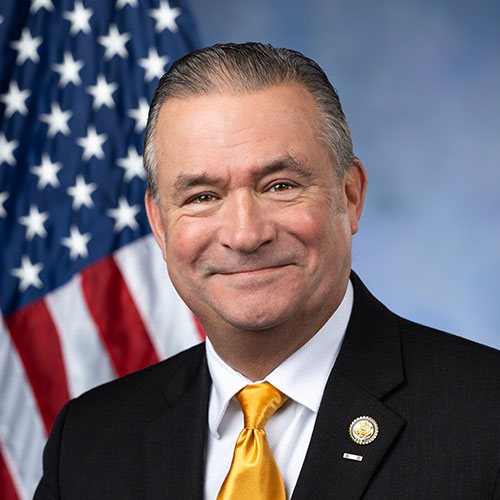In the News
The country doesn't stop at the city limits anymorehttp://www.wowt.com/content/news/The-country-doesnt-stop-at-the-city-limits-anymore-419284484.html
Omaha, NE,
April 12, 2017
OMAHA, Neb. (WOWT) -- Urban Agriculture sounds like a term at odds with itself but it's a growing phenomenon and it's growing right here in the metro. Dr. Ann Bartuska, Acting Under Secretary of the USDA, was leading the charge Wednesday, helping to shine new light on the topic in Omaha. According the Ag Department, "small community gardens, urban farms that span several city blocks, and intensive indoor hydroponic or aquaculture facilities are all examples of urban agriculture." This isn't a hobbyist's pursuit. The experts say this enterprise can help fill nutritional voids as well as put money in the pockets of farmers and the neighborhoods where they set up shop. When you try to picture this, don't let your imagination fade at some vegetables surrounded by bricks. These are full-tilt projects complete with livestock. Buses packed with kids from Bryan High rolled into Omaha's Cooper Farm Wednesday morning for a close-up of Urban Ag with the Under Secretary at the the helm. Congressman Don Bacon was also along for the tour. The group toured an Omaha urban agriculture program that is the product of a partnership between the Nebraska College of Technical Agriculture, University of Nebraska-Lincoln Extension, and the Omaha Home for Boys. “A growing interest in urban agriculture is generating creative approaches to growing fruits, vegetables, and ornamentals in urban settings while also spurring economic development and developing a new generation of farmers,” said Dr. Bartuska. “This remarkable partnership in Omaha has produced a program that not only holds promise for Nebraskans, but which can serve as an example for other cities.” Bryan junior Nickolas Birdsley said, "There's so many different opportunites and it's nice to see a different perspective when it comes to daily life, when it comes to agricutlture, you know. Most people don't know where their food comes from and what happens to it so it's nice to have that perspective." Farmer Paul Wenninghorr said, "I’d say in the last few years you’ve seen a change, especially in millennials. They really want to know where their food comes from." The concept of Urban Ag comes with some unique challenges. The USDA addresses them in this toolkit. |

